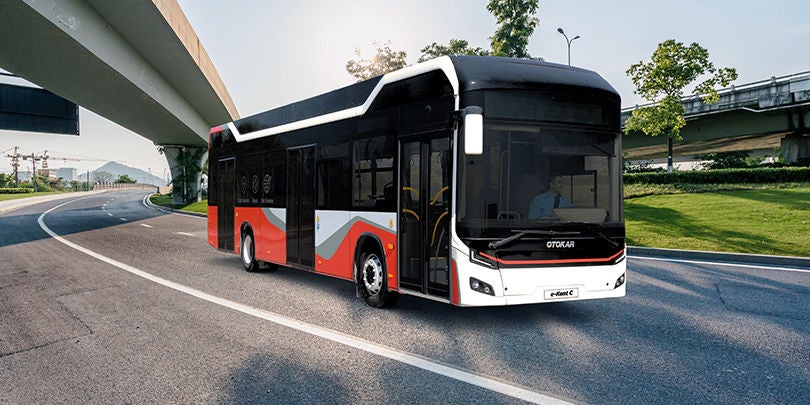Fully electric city bus
e-Kent C from Otokar

Emission-free cities with the e-Kent C
Turkey’s leading bus manufacturer Otokar has taken yet another step in the direction of an emission-free future with its twelve-meter-long passenger bus. The company is relying on batteries from Webasto, one of the world’s 100 top automotive suppliers, to power the bus.
The Turkish bus manufacturer Otokar was founded in 1963 and today is active in 50 countries with its buses, particularly in Europe. Otokar is a Koç Group company—Turkey’s biggest conglomerate—and is the market leader in Turkey for 12 consecutive years. Its factory is in Sakarya in northwestern Turkey with approx. 2000 employees. Otokar is pursuing its clear mission to design, produce and market vehicles that always meet the requirements of its customers, and are successful internationally.
Being the pioneer electric bus manufacturer in Turkey, the company has extended its product range with the e-Kent C. Twelve meters in length e-Kent C can accommodate up to 100 passengers+. The maximum output is 340 kilowatts (455 hp) with a maximum torque of 40,000 newton-meters. The bus is powered by lithium-nickel-manganese-cobalt-oxide batteries from Webasto, providing 35 kilowatt-hours each. Up to ten batteries can be installed which have a total storage capacity of up to 350 kilowatt-hours.
The battery modules are installed on the roof and rear of the bus to achieve superior center of gravity and vehicle dynamics while driving along curves. The range of the electric bus is more than 300 kilometers depending on the topography and usage profile, and it can be charged from 0 to 100 percent in four hours, depending on the charging power of the charging equipment. In addition, up to 20 percent of the energy being used can be recovered during braking. Otokar plans a battery utilization cycle of ten years or equivalent 3000 cycles.
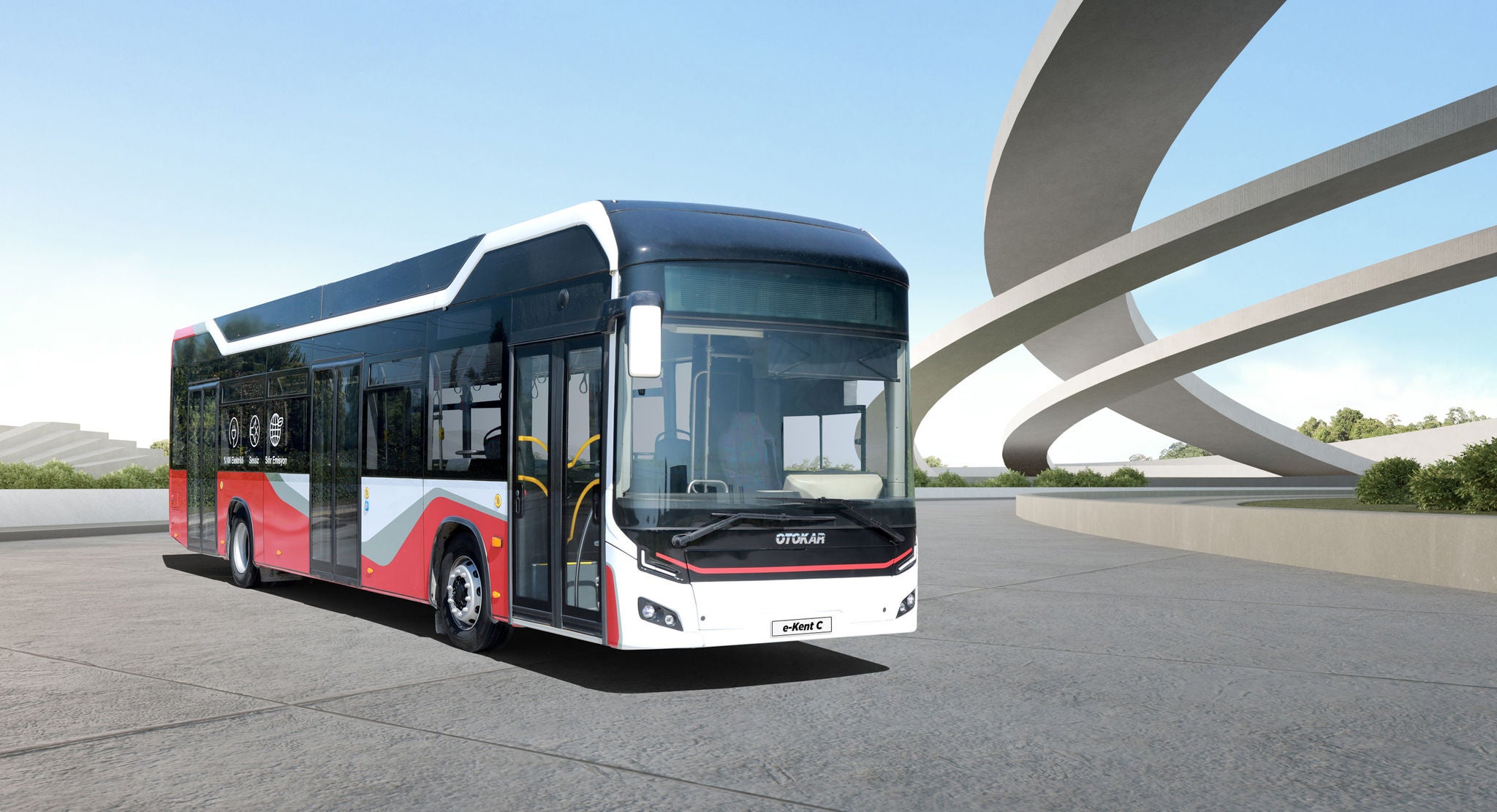
Many challenges to overcome
The company, aiming to develop new equipment and applications to meet the changing requirements of customers, has allocated eight percent of its revenues for research and development (R&D) activities in the last decade. The engineers from Otokar have been working meticulously on the e-Kent C for several years in detail. During this time, they have tested various motors and batteries.
The manufacturer has also conducted diverse tests in order to meet all safety regulations and standards in Europe. Otokar Commercial Vehicles Engineering Group Director, Erdal Usta, states: “We tested the electromagnetic compatibility because there are a lot of electrical components in the e-Kent C that have to function well in combination without disrupting each other. We also had to ensure that there were no negative impacts on the surrounding area, for example, radio interference. In addition, we also tested the structural durability of the chassis of the electric bus, among other things. The batteries installed on the roof and rear of the bus weighs more than two tonnes, and we had to be sure that the bus structure should could carry the weight throughout the lifetime. We completed a total of one million test kilometers equivalent road-load durability testing to ensure the highest quality and safety at every point. We also performed several tests in different regions and climates to check overall energy efficiency for heating and cooling systems and subsystem thermal behaviors.”
These were not the only challenges that Otokar had to overcome and continues to overcome. “The chemical composition of batteries is developing at such a rapid pace, and it is still progressing day by day whether Solid State, new high efficient LFP (lithium iron phosphate) or NMC (lithium nickel manganese cobalt oxide) will be the most efficient battery technology in the near future. Therefore we preferred Webasto high energy density NMC packs for reliability, thermal performance and customer satisfaction over lifecycle,” explains Erdal Usta regarding the current situation for manufacturers of fully electric vehicles. “In addition, the overall expectations for digitalization and autonomy regarding electromobility are also changing in rapid pace, and we are prepared for this while having experts in our team putting a lot of efforts for adapting the new technologies,” he adds.
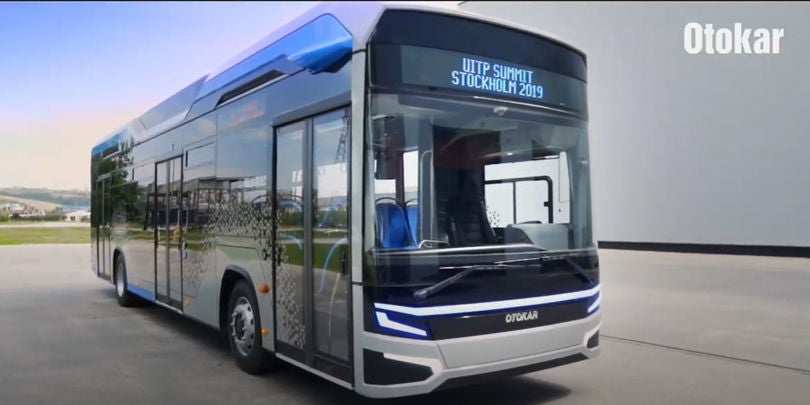
First-class support From Webasto
Otokar is very satisfied with their choice of Webasto as their battery partner. “The batteries from Webasto are extremely reliable, enabling us to shoot right out of the gate with regard to potential tenders in Europe,” explains Erdal Usta. However, customer satisfaction, price, a long-term partnership with suppliers and reliable support are also very important to the Turkish bus manufacturer. “Webasto will also be a trusted partner for us in terms of aftersales support, spare parts availability, and warranty,” says İlker Civa, Otokar Purchasing Director, happily.
“We received excellent support from the engineers at Webasto even during the pandemic. From the CEO down to the engineers, it was exceptional. We are happy to have Webasto at our side for the e-Kent C,” he says. Sebastian Fuchs, Product Manager Batteries at Webasto, says: “We have a great collaboration with Otokar and we learned a lot about commercial vehicle battery applications in terms of software and hardware development over the past months. Thanks to our well-established cooperation based on partnership and the modularity of our battery solutions, we can react on dynamic market demands. This gives Otokar and all our customers a really great advantage.”
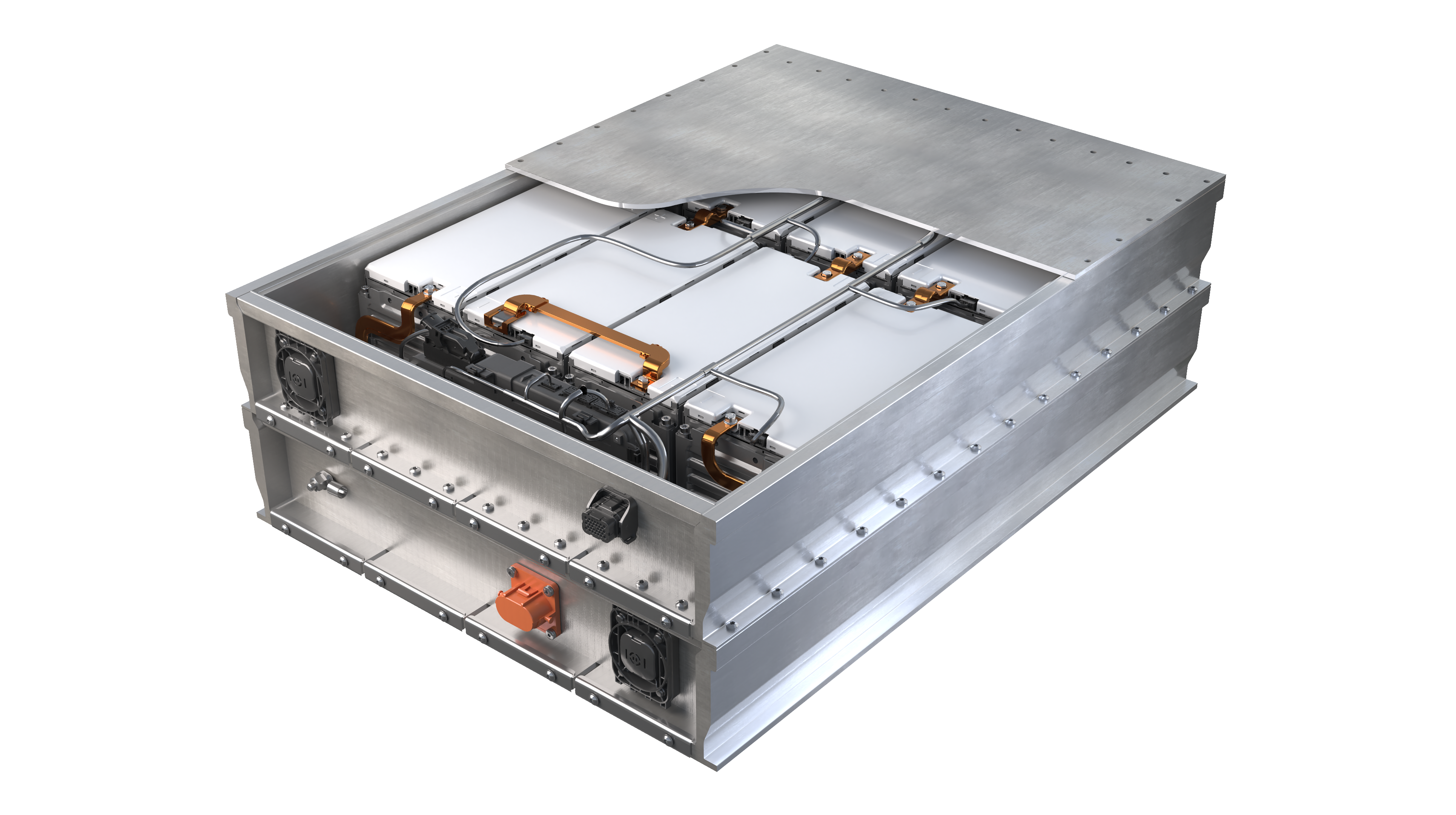
The e-Kent C on the streets of Europe
“‘Kent’ means ‘city’ in Turkish. We view the e-Kent as the future of transport in cities. We are currently in talks with Webasto regarding our future projects,” says İlker Civa. Kerem Burhan, Key Account Manager at Webasto, adds: “We’re looking forward to new projects with Otokar. Until then we’re celebrating our first joint success: Thanks to the effort of both teams the e-Kent C will soon be running on the streets in Europe.”
The e-Kent C is already in serial production. Otokar is participating in various events and organizing roadshows and demos in Europe in the following months. In Germany the electric city bus will be seen in September at the IAA Mobility 2021 in Munich. The bus is driving on the so-called Blue Lane from one exhibition venue to the other. Passengers are invited to join the ride and experience the power of the e-Kent C.
